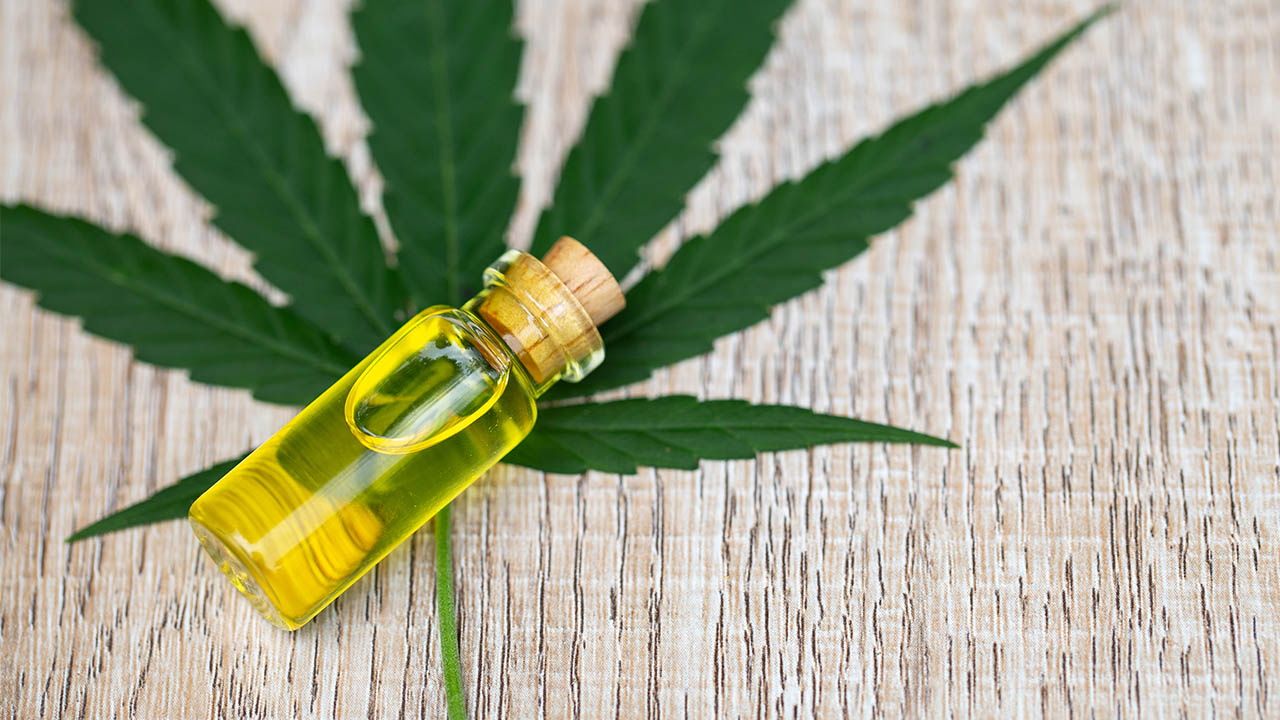CBD Oil: Benefits, Uses, and What You Need to Know
As cannabidiol (CBD) continues to rise in popularity, many are turning to CBD oil for its potential therapeutic benefits. From pain relief to mental health support, CBD oil has sparked interest as a natural remedy for various health concerns. However, with so much information available, it’s crucial to understand the science, benefits, and legalities surrounding this product.
What Is CBD Oil?
CBD oil is derived from cannabidiol, a compound found in the cannabis plant. Unlike THC (tetrahydrocannabinol), which causes a high, CBD is nonpsychoactive. This means you can experience the potential health benefits of the cannabis plant without the intoxicating effects associated with THC.
CBD oil is typically extracted from hemp, a variety of cannabis plants that contains minimal THC, making it a preferred source for those seeking therapeutic benefits without psychoactivity.
How Does CBD Work?
CBD interacts with the endocannabinoid system (ECS), a regulatory network in the human body responsible for maintaining balance (homeostasis). The ECS plays a key role in regulating various physiological processes such as pain sensation, inflammation, mood, and immune function.
CBD binds to the receptors in this system, potentially helping to reduce inflammation, alleviate pain, and regulate mood disorders like anxiety and depression.
Different Ways to Use CBD Oil
One of the great benefits of CBD oil is its versatility. Here are some common ways to use CBD oil:
- Oral Consumption: CBD oil can be taken orally by placing drops under the tongue or by consuming it in capsule or gummy form. Oral consumption ensures that CBD is absorbed into the bloodstream for long-lasting effects.
- Topical Application: For localized pain or skin conditions, CBD-infused creams and balms can be applied directly to the skin.
- Inhalation (Vaping): Using a vape pen with CBD cartridges allows for quick absorption of CBD into the bloodstream through the lungs, offering fast relief, especially for anxiety or pain.
- Edibles: CBD-infused edibles such as chocolates, gummies, and beverages are popular, but these take longer to take effect as they are absorbed through the digestive system.
Does CBD Oil Cause a High?
No, CBD does not make you high. The compound responsible for the psychoactive effects of marijuana is THC. While some CBD products may contain trace amounts of THC (typically less than 0.3%), this is not enough to induce a high. It’s essential to read product labels and verify that you’re using THC-free CBD oil if you’re looking to avoid any psychoactive effects, particularly if you need to pass a drug test.
Health Benefits of CBD Oil: What the Research Says
- Pain Relief and Inflammation
CBD has been widely researched for its potential role in pain management. Studies suggest that CBD may interact with neurotransmitters in the brain to reduce chronic pain and inflammation, making it a promising alternative for conditions such as arthritis, fibromyalgia, and neuropathy. - Anxiety and Depression Relief
Mental health disorders like anxiety and depression can severely impact quality of life. CBD has shown promise as a natural alternative to prescription medications, as it may help regulate serotonin levels, which play a crucial role in mood and emotional health. - Seizure Management
The FDA has approved a CBD-based drug, Epidiolex, for treating rare and severe forms of epilepsy, such as Lennox-Gastaut syndrome and Dravet syndrome. This is one of the most well-documented and promising uses of CBD, especially in children. - Neuroprotective Properties
Ongoing research indicates that CBD may help protect the brain and nervous system, offering potential benefits for individuals with neurodegenerative disorders such as Alzheimer’s, Parkinson’s, and multiple sclerosis. Its antiinflammatory and antioxidant effects are being studied for their impact on brain health. - Skin Health
CBD oil has found its way into skincare products, with research showing potential benefits for acne and other skin conditions. Its anti-inflammatory properties and ability to regulate sebum production could help reduce acne and prevent breakouts. - Heart Health
Some studies suggest that CBD may help lower high blood pressure during stressful situations, which could contribute to better heart health. Although more research is needed, CBD’s potential to reduce stress and anxiety may indirectly benefit cardiovascular health.
Is CBD Legal?
The legality of CBD oil varies by location. In the United States, hemp-derived CBD containing less than 0.3% THC is legal at the federal level, but state laws can differ. It’s crucial to understand the legal framework in your state or country before purchasing or using CBD products. International laws also vary, so research the regulations if you plan to travel with CBD.
Are There Any Side Effects of CBD Oil?
CBD is generally considered safe, but it can have some side effects, especially when used in high doses. Reported side effects include:
• Fatigue
• Diarrhea
• Changes in appetite or weight
More importantly, CBD can interact with certain medications, including blood thinners, antidepressants, and seizure medications. Always consult with your healthcare provider before starting CBD, especially if you’re taking prescription medications.
How to Choose the Right CBD Oil
With the surge in CBD’s popularity, the market is filled with products, but not all are created equal. Here’s how to ensure you’re getting high-quality CBD:
- Third-Party Lab Testing: Look for products that have been independently tested for purity and potency. Reputable brands will provide lab reports confirming their CBD content and ensuring they are free from harmful contaminants like pesticides and heavy metals.
- Full-Spectrum vs. Isolate: Full-spectrum CBD products contain a wide range of cannabinoids and terpenes, which may work together in what is known as the “entourage effect” to enhance the therapeutic benefits. CBD isolate, on the other hand, is pure CBD and does not contain any other cannabinoids, including THC.
- Source of Hemp: Choose CBD products made from organically grown hemp to ensure they are free from harmful pesticides and chemicals.
- Extraction Method: Look for CBD oils that use CO2 extraction, as this method is considered the safest and most efficient for preserving CBD’s purity.
CBD Oil FAQs
Can CBD Oil Make You Fail a Drug Test?
If your CBD oil contains THC, even in small amounts, it may show up on a drug test. Opt for CBD isolate or products that are labeled as THC-free to avoid this risk.
How Much CBD Should I Take?
There is no one-size-fits-all dosage for CBD. The correct amount varies based on factors like body weight, condition being treated, and individual metabolism. It’s recommended to start with a low dose and gradually increase it until you find the right amount for your needs.
Can You Overdose on CBD?
While CBD is considered safe, taking extremely high doses can lead to uncomfortable side effects like fatigue or diarrhea. However, CBD overdose is not associated with any life-threatening consequences.
Final Thoughts on CBD Oil
CBD oil holds promise as a natural alternative for managing various health conditions, but it’s essential to consult with a healthcare professional before using it. The legal landscape surrounding CBD is continually evolving, so staying informed about your local regulations is key. With growing research, CBD may become an increasingly important part of future health and wellness practices.

























